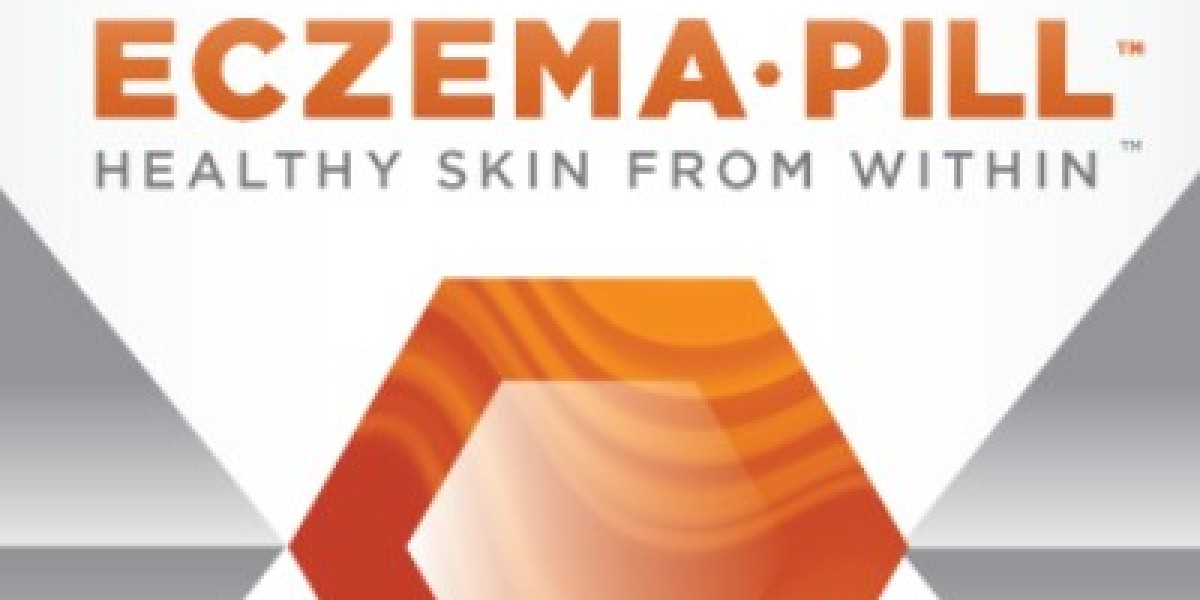In this article, we will delve into two such natural remedies: "sorrel medication for eczema" and "teas for eczema," exploring their potential benefits and effectiveness.
Sorrel Medication for Eczema
Sorrel, a leafy green herb with a tangy flavor, is a plant that has been used for centuries in traditional medicine for various health conditions. It is rich in antioxidants, vitamins, and minerals, making it a potentially valuable addition to eczema management. Here's how sorrel medication may be beneficial for individuals with eczema:
Anti-Inflammatory Properties: Sorrel contains compounds like quercetin and anthocyanins that possess anti-inflammatory properties. Inflammation is a key driver of eczema symptoms, and reducing it can help alleviate itching and redness.
Antioxidant Effects: Antioxidants in sorrel, such as vitamin C, can help protect the skin from oxidative stress, potentially reducing eczema flare-ups.
Immune System Support: Some research suggests that sorrel may strengthen the immune system. This is important as eczema is often associated with immune dysfunction.
How to Use Sorrel for Eczema:
Sorrel Tea: Steep fresh or dried sorrel leaves in hot water to make a soothing tea. Drink it regularly to potentially benefit from its anti-inflammatory and antioxidant properties.
Topical Application: Some individuals use sorrel-infused creams or ointments on affected skin areas. However, consult with a healthcare professional before trying this approach.
Teas for Eczema
Various herbal teas have gained popularity for their potential to alleviate eczema symptoms. While scientific evidence is often limited, these teas are generally considered safe and may provide relief for some individuals:
Chamomile Tea: Chamomile has anti-inflammatory and soothing properties. Drinking chamomile tea or applying it topically as a compress may help reduce itching and inflammation.
Calendula Tea: Calendula, or marigold, has been used for centuries for its skin-soothing properties. Drinking calendula tea or using calendula-infused creams may help with eczema.
Lavender Tea: Lavender is known for its calming effects. Drinking lavender tea or adding a few drops of lavender oil to your bathwater may help reduce stress-related eczema flare-ups.
Licorice Root Tea: Licorice root contains compounds that may have anti-inflammatory effects. Drinking licorice root tea in moderation may help manage eczema symptoms.
Green Tea: Green tea is rich in antioxidants called catechins, which may have a positive impact on skin health. Drinking green tea regularly could potentially benefit those with eczema.
A Word of Caution
While soral medication for eczema medication and herbal teas offer potential benefits, it's essential to approach natural remedies with caution:
Consult with a healthcare professional before using any new treatment, especially if you have allergies or underlying health conditions.
Keep in mind that natural remedies may not work for everyone, and individual responses can vary.
Always patch-test any topical applications to ensure you don't have adverse reactions.
In conclusion, sorrel medication and herbal teas can be valuable additions to your eczema management plan, offering potential relief from symptoms. However, it's crucial to combine these natural remedies with conventional medical advice and treatments for the best results. Eczema is a complex condition, and a holistic approach that considers both medical and natural solutions may provide the most significant benefits for individuals seeking relief.








